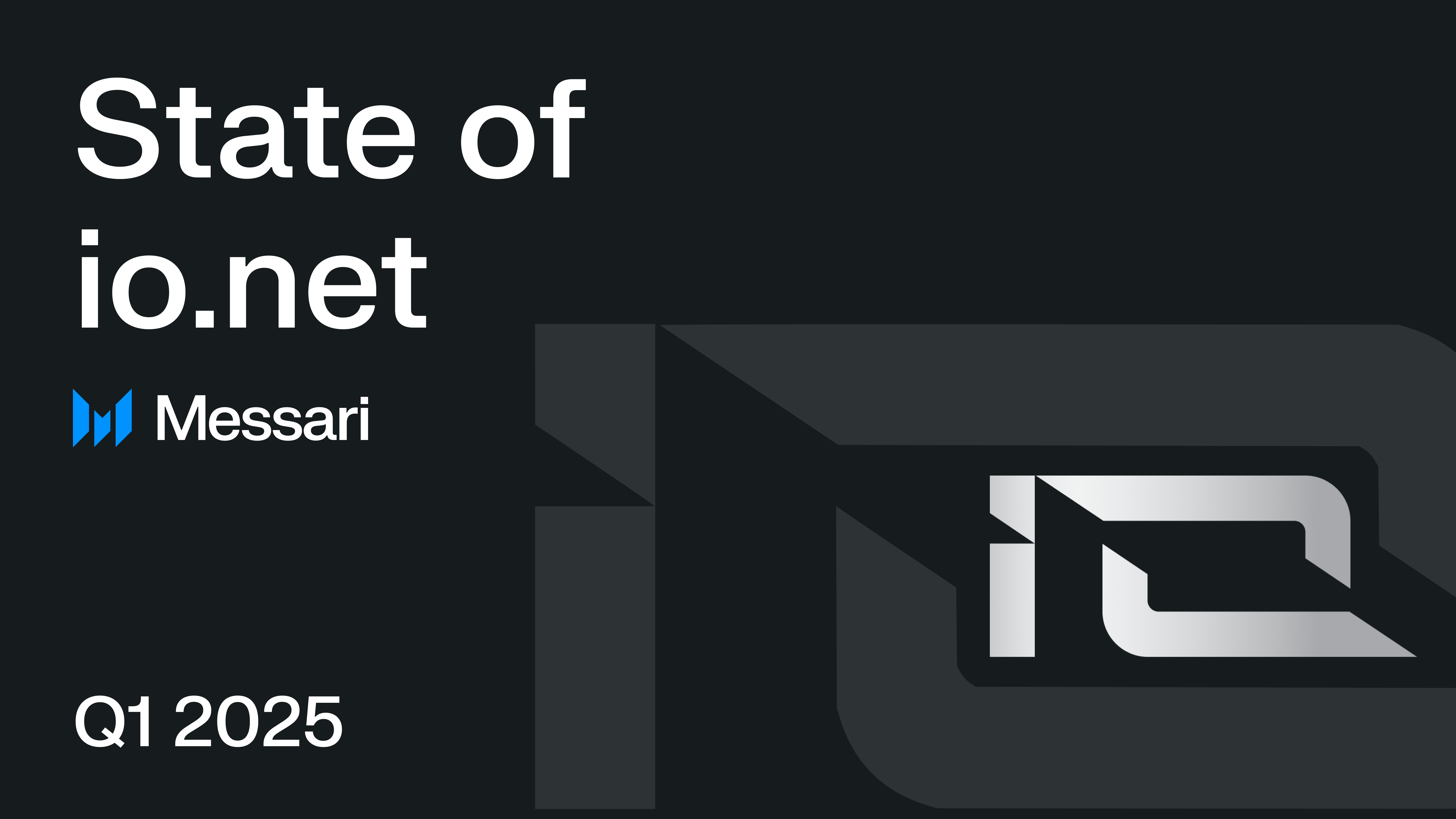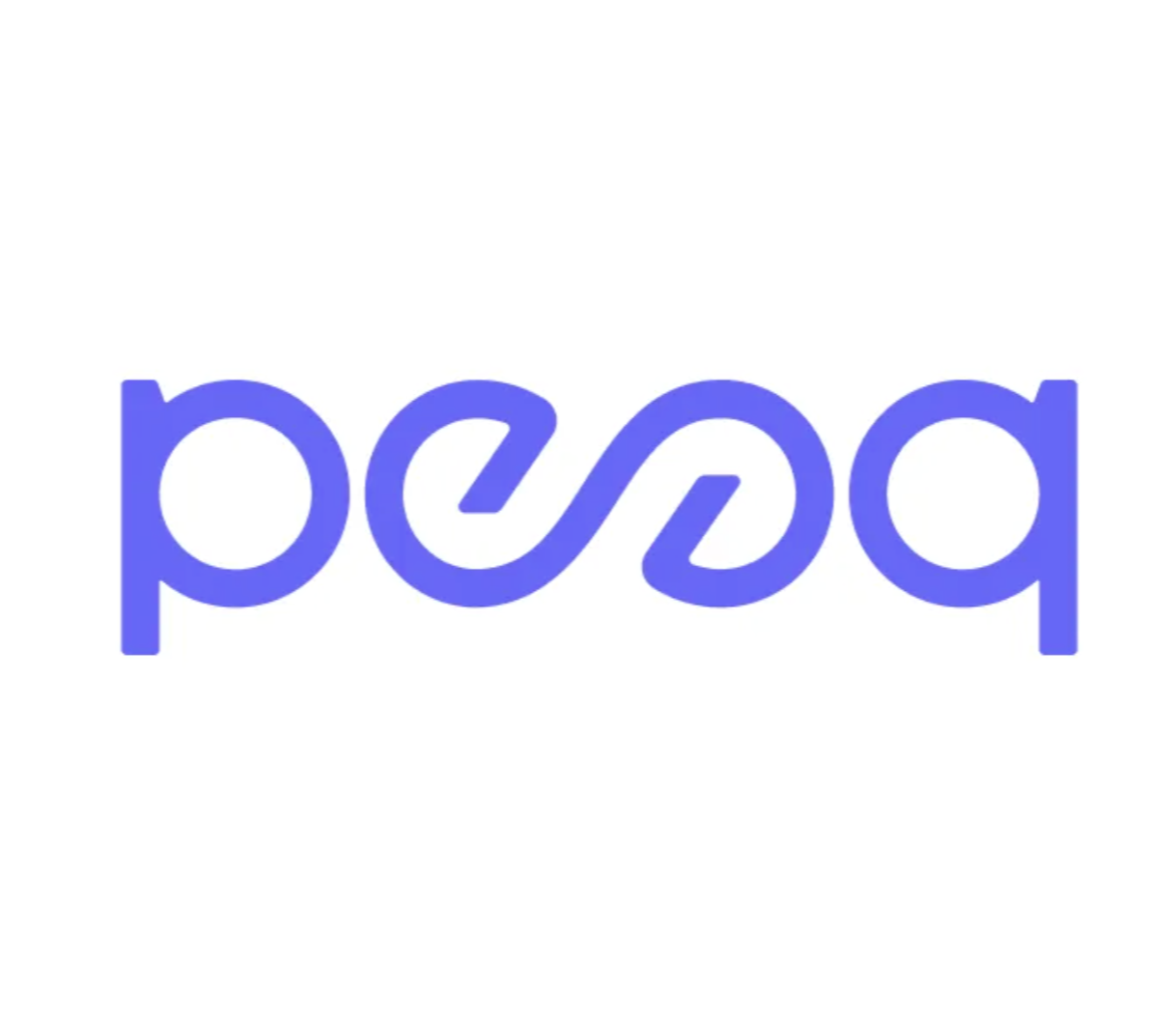The DePIN Explorer - DePIN Scan
Trending 🔥
DePIN Market Cap
$19,421,407,987
-7.6%
Volume
$10,563,942,007
+43.7%
DePIN Projects
321
DePIN Devices
40,176,178
DePIN Projects
DePIN's global map shows DePIN device locations around the world. There are 9,503,951 total devices in DePIN around 198 countries or regions in record as of May 25, 2025. Total market cap is $3,698,374,845.

2 days ago
Decentralizing Telecom Infrastructure: A Win-Win for Small Businesses and Telecom GiantsIn a recent interview at Consensus 2025 in Toronto, Frank Mong, the COO of Nova Labs, emphasized the financial benefits of decentralizing telecommunication infrastructure for both small businesses and large telecom corporations. He highlighted that local operators, such as bars and restaurants, can generate revenue by hosting wireless hotspots, thereby expanding network coverage. This decentralized approach allows significant cost savings for telecom giants, who can utilize the Helium Network's telemetry to enhance their services in areas that typically lack coverage, known as dead zones.
Mong pointed out the high costs associated with traditional telecom infrastructure, noting that establishing a single 5G tower can cost around $300,000. Instead of burdening consumers with expensive phone plans, he proposed a model where individuals with Wi-Fi networks can share their connections securely, providing valuable data to major companies like AT&T. This innovative use of decentralized physical infrastructure networks exemplifies how blockchain technology can enhance resilience against outages and disruptions while delivering real-world value.
In addition to these insights, Nova Labs has been actively forming partnerships with telecom companies to improve network coverage. Notably, in January 2024, they collaborated with Telefónica in Latin America, and more recently, in April 2025, they partnered with AT&T to facilitate automatic access for users within the Helium Network's coverage area. With over 95,000 mobile hotspots in the U.S. and more than 284,000 active IoT hotspots globally, Mong believes that the success seen in the U.S. and Mexico should be replicated worldwide as Nova Labs continues to expand its reach through strategic partnerships.

3 days ago
io.net Reports Revenue Growth Amid Market ChallengesIn the latest quarterly report, io.net has demonstrated significant growth in revenue, achieving an impressive 82.6% increase, which brought its total revenue to $5.7 million. This surge in revenue is particularly noteworthy given the broader contraction in the cryptocurrency market, where the market cap of its IO token plummeted by 71.4% to $108 million, alongside a 74.9% drop in token price. Despite these challenges, io.net has successfully integrated with various AI and compute-focused platforms, including partnerships with Zerebro, KREA, and Injective, aimed at enhancing decentralized GPU compute capabilities for applications in AI and DeFi.
The infrastructure of io.net, which is built on a decentralized network of GPUs and CPUs, allows for scalable access to compute resources, particularly for machine learning and AI applications. The platform supports a wide array of machine learning frameworks, ensuring flexibility and efficiency in resource allocation. However, the average daily verified compute resources have seen a decline, with verified GPUs and CPUs down 11.1% and 4.5% respectively. This reduction reflects ongoing supply-side challenges and a decrease in token incentives, which has impacted the overall activity within the network.
Despite the mixed performance metrics, io.net has maintained a steady pace of development, with numerous collaborations aimed at expanding its ecosystem. The partnerships formed in Q1 2025, including those with Alpha Network and Mira Network, highlight io.net's commitment to enhancing decentralized AI infrastructure. As the project continues to refine its economic models and expand its network capabilities, it remains a key player in the evolving landscape of decentralized compute resources, even amid a challenging market environment.

3 days ago
Ben Goertzel: Pioneering Decentralized AI for a Better FutureBen Goertzel, a pioneer in artificial intelligence, has been advocating for decentralized AI since he wrote his first line of code 30 years ago. As the world stands on the brink of achieving Artificial General Intelligence (AGI), Goertzel emphasizes the importance of decentralization in ensuring that this powerful technology benefits humanity rather than serving centralized powers. At the recent Consensus conference in Toronto, he expressed optimism that AGI could be launched within the next one to three years through his project, SingularityNET, which aims to create a global marketplace for AI services. The project has made significant strides, including partnerships with Mind Network and Filecoin Foundation, a $53 million investment in a modular supercomputer, and a token merger with Ocean Protocol and Fetch.ai.
Goertzel's vision for decentralized AI is rooted in his early experiences with the internet, which he initially saw as a decentralized platform. However, he notes that the rise of tech giants like Google and Facebook has led to a more centralized internet, which undermines the foundational principles of decentralization. He argues that for AGI to be a force for good, it must be built on decentralized architecture from the outset. This philosophy is reflected in the design of SingularityNET, Hyperon, and the upcoming ASI Chain, which is tailored for decentralized AI applications. Goertzel believes that the trajectory of the post-AGI era will significantly differ based on the role of decentralized ecosystems in its development.
In addition to his work in AI, Goertzel has a history of exploring decentralized money concepts dating back to the 90s. Although he and his peers initially dismissed the practicality of decentralized transactions due to concerns over speed and cost, the emergence of Bitcoin has validated some of his early ideas. He humorously reflects on the missed opportunities of that era, acknowledging that their lack of business acumen prevented them from envisioning the darker applications of decentralized money. Today, Goertzel's commitment to decentralized AI continues to gain traction, positioning him and his initiatives as key players in the evolving landscape of technology and governance.

3 days ago
CUDOS Intercloud April Update: Record Growth and New InitiativesIn April, CUDOS Intercloud celebrated significant milestones and shared impressive metrics in its monthly update. The platform reported a record revenue of $204,505, alongside a remarkable 27% increase in GPU consumption, totaling over 300,000 hours. This growth reflects the rising demand for decentralized computing solutions, with more than 2 million GPU compute hours surpassed. CUDOS emphasized its commitment to transparency by providing real-time metrics on GPU capacity, VM deployment, user growth, and ecosystem spending, showcasing a clear distinction in cloud service delivery.
A notable highlight was the six-month anniversary of CUDOS's partnership with the Artificial Superintelligence Alliance (ASI). During this period, CUDOS has served over 15 million GPU hours and welcomed more than 30,000 users. The collaboration aims to build a decentralized compute layer that supports AI development without centralized bottlenecks. Additionally, CUDOS introduced "One Click Computing," allowing users to deploy AI stacks effortlessly, eliminating the complexities traditionally associated with AI deployment.
CUDOS also participated in the Ai2Peace initiative, focusing on using AI for global good. The platform's community rewards program concluded at the end of April, encouraging user engagement through referrals and feedback. Furthermore, CUDOS was represented at Paris Blockchain Week, where discussions highlighted the importance of permissionless compute access and the potential for blockchain to enhance AI's energy efficiency. As CUDOS continues to innovate and expand its offerings, it aims to foster a more sustainable and accessible computing environment for all users.
Signup for latest DePIN news and updates









.jpeg)
